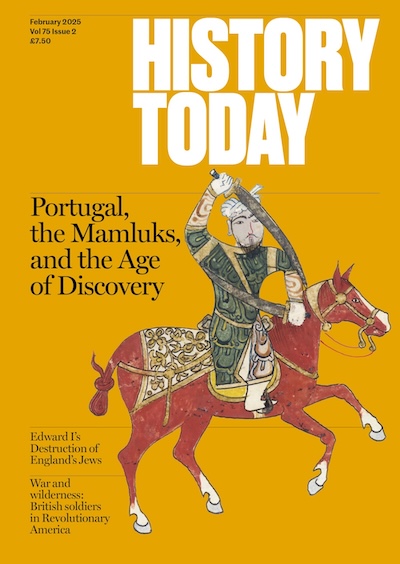Negroes and the American Revolution
In the War of Independence both sides enlisted negroes, often in the civilian services, but also, though less frequently, as soldiers.
On March 5th, 1770, some British soldiers, part of a detachment sent to overawe the refractory port of Boston, were goaded into firing from outside the Custom House in King Street into a jeering, violent mob. The result: five Americans lay dead or dying .. One of them, a runaway ex-slave named Crispus Attucks, who was laid out in state in Faneuil Hall alongside some of his white compatriots, has since gained an inflated reputation as the first 'martyr' of the Boston Massacre. But whatever Attucks merits, the incident foreshadowed the ticklish question of the role of the Negro that was shortly to face both sides during the Revolutionary war.
The immediate issue was whether to use Negroes in the armed forces. The British, with little to lose, acted first, On November 7th, 1775, Lord Dunmore, Governor of Virginia, proclaimed freedom for all rebels' slaves who would join him, and soon nearly three hundred Negroes, known as Lord Dunmore's Ethiopian Regiment, with 'Liberty to Slaves' inscribed across their chests, were in service. Dunmore's offer was extended throughout the colonies in 1779 by the Commander-in-Chief, Sir Henry Clinton.





